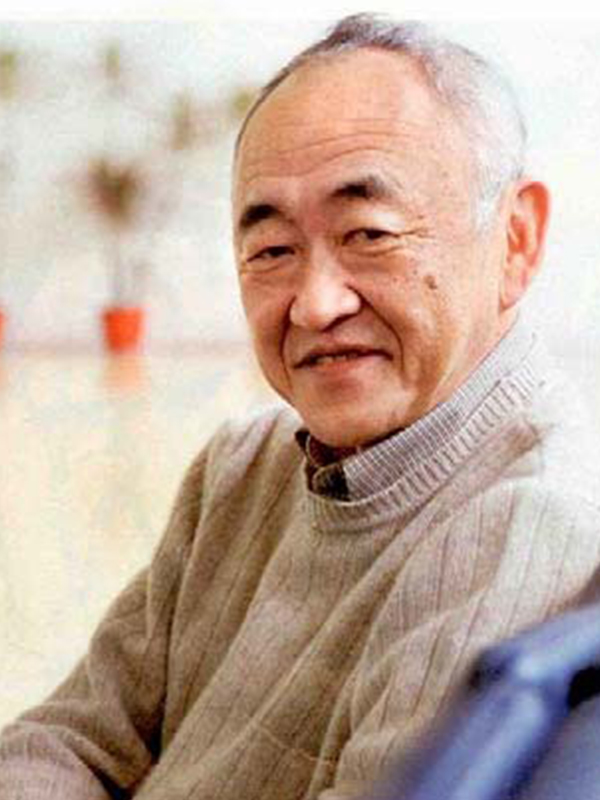Professor CHENG Yung-Chi Tommy
Professor CHENG Yung-Chi Tommy (1st COT Award Winner)


Affiliation at the time of the Award:
- Henry Bronson Professor of Pharmacology in Yale University
Biography
Prof. Tommy Yung-Chi Cheng, Henry Bronson Professor of Pharmacology in Yale University, has made major contributions to the development of drugs for cancer and viral diseases. Prof. Cheng developed “Phytomics QC” technology, which combined chemical fingerprint and biological response profile using omics technology for quality control of herbs or their product and systematical exploration of a traditional Chinese medicine compound formula, PHY906 as an adjuvant therapy for cancer patients undergoing chemotherapy, with the aim to obtain approval as a prescription drug in the United States and the western world. The approach could serve as a role model for others in the pursuit of globalization of Chinese medicine.
The “Phytomic QC” technology developed by Prof. Cheng is recognized by US FDA as a key technology for quality control of herbal drugs for oral use. The concept is also adapted by many institutes to be used for quality control of their herbal products. It demonstrated the consistency of different batches of Chinese medicine compound formula, PHY906, even prepared five years apart using different batches of herbs. The belief of mainstream scientists over the non-consistency of TCM preparation is thereupon shattered. Scientific evidence is also provided to demonstrate multiple mechanisms of action and multiple active compounds involved in each action of PHY906 which consists of four herbs. Deletion of any one of the four herbs will not work as well in vivo. This pointed out the direction of future research in Chinese medicine which should not only focus on the isolation of single chemical entity working on a single action site. Prof. Cheng also carried out three Phase I/II clinical studies of PHY906 in combination with chemotherapy for three different types of cancer in top and credible medical institutes in the US and demonstrated the potential value of PHY906 in those clinical studies.
Prof. Cheng has published a milestone paper in Science (Translational Research Sci Transl Med 2(45):45-59 (2010)). Those top journals did not publish any scientific papers about Chinese Medicine formula previously. This opened the door for publications of Chinese medicine manuscripts in top mainstream and high impact journals. He also contributed to the upgrading of Chinese medicine research in many research institutes worldwide through advisory consultation.
Before publication, Prof. Cheng already shared his vision and experience with others in terms of how to globalize Chinese medicine based on his experience. He also provides consultation to institutes worldwide to upgrade Chinese medicine research. Moreover, he found “Consortium for the Globalization of Chinese Medicine” (CGCM) with 16 other institutes in 2003 and served as Chairman until the end of 2011. It now has 126 Institute Members and 10 Industrial Affiliate Members worldwide.